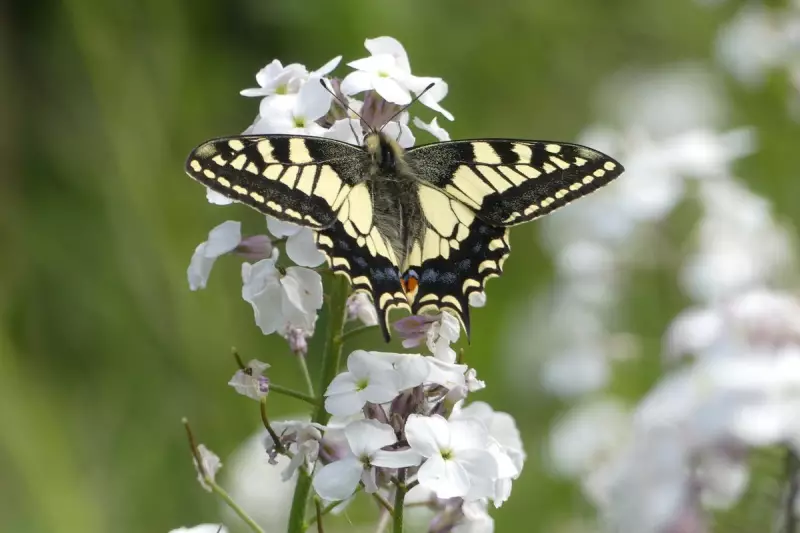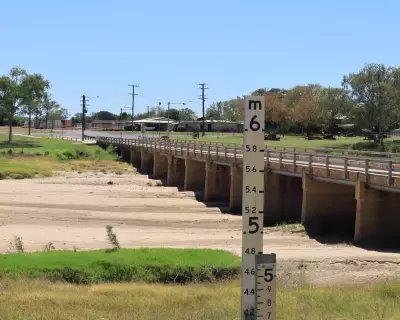
The picturesque Norfolk Broads, one of Britain's most beloved natural landscapes, faces an existential threat from climate change that could see significant portions submerged by rising sea levels within our lifetime, according to alarming new research.
Urgent Warnings from Scientific Research
A comprehensive study conducted by Anglia Ruskin University reveals that the combined effects of sea level rise and coastal erosion could permanently alter the character of this iconic region. The research paints a concerning picture of the Broads' future, highlighting how climate change is no longer a distant threat but an immediate danger to Britain's natural heritage.
The Science Behind the Threat
Professor Mark Collins, the lead researcher, explains that the unique geography of the Norfolk Broads makes it particularly vulnerable. "The Broads sit at the frontline of climate change impacts in the UK," he states. "Our models show that without urgent intervention, we could see irreversible changes to this ecosystem within decades."
What's at Stake for the Norfolk Region
The Norfolk Broads represent more than just beautiful scenery—they're a vital part of the local economy and ecosystem. The area supports:
- Unique biodiversity and protected species
- Thriving tourism and recreation industries
- Traditional livelihoods and local communities
- Important agricultural land
- Cultural heritage spanning centuries
A Call to Action
The research team emphasizes that while the situation is serious, there's still time for meaningful action. They're calling for coordinated efforts between policymakers, environmental agencies, and local communities to implement protective measures that could safeguard this national treasure for future generations.
This study serves as a stark reminder that the impacts of climate change are already unfolding across the UK landscape, making environmental protection more crucial than ever.





